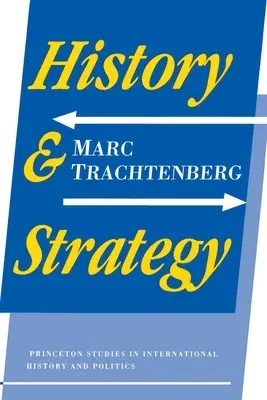Marc Trachtenberg
(Author)History and StrategyPaperback, 21 April 1991

Qty
1
Turbo
Ships in 2 - 3 days
In Stock
Free Delivery
Cash on Delivery
15 Days
Free Returns
Secure Checkout

Part of Series
Studies in Intellectual History and the History of Philosoph
Part of Series
Princeton Studies in International History and Politics (Paperback)
Part of Series
Princeton Studies in International History and Politics
Print Length
304 pages
Language
English
Publisher
Princeton University Press
Date Published
21 Apr 1991
ISBN-10
0691023433
ISBN-13
9780691023434
Description
Product Details
Author:
Book Format:
Paperback
Country of Origin:
US
Date Published:
21 April 1991
Dimensions:
22.91 x
16 x
2.03 cm
ISBN-10:
0691023433
ISBN-13:
9780691023434
Language:
English
Location:
Princeton
Pages:
304
Publisher:
Series:
Weight:
444.52 gm